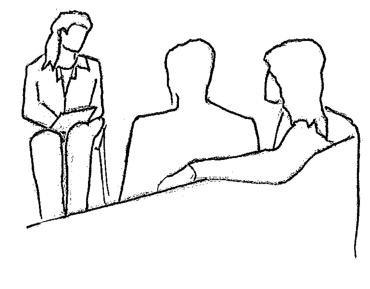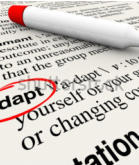
Deficits in Adaptive Functioning
Adaptive functioning is a term used to describe the skills and abilities we need to have to live independently, safely and appropriately in daily life. They include the following: Conceptual skills—language and literacy; money, time, and number concepts; self-direction Social skills—interpersonal skills, social responsibility, self-esteem, gullibility, naïveté, social problem solving, the ability to follow rules/obey laws and to avoid being victimised. Practical skills— “Skills of daily living” such as personal care, occupational skills, healthcare, travel/transportation, schedules/routines, safety, use of money, use of the telephone. Communication skills – the ability to express self (verbally and non-verbally) in ways that others can understand, and/or the ability to understand what others express (verbally and non-verbally) Adaptive function is usually assessed by asking a person’s carers about what the person is able to do. This is often done by completing a form but there are also several tests that collect this information in a standardised manner (e.g. Vineland Adaptive Behaviour Scales; Scales of Independent Behaviour – Revised; Adaptive Behaviour Scales; Supports Intensity Scale). Another method is to assess how well the person is able to perform tasks under supervision.Consider the complexity of adaptive functioning.
Just like intelligence, adaptive functioning refers to many different kinds of ability. Tests of adaptive functioning rely only on the behaviours and abilities that are explicit in the questions or tasks. No set of questions will ever cover all potential areas or mechanisms of functional behaviour. Therefore, while scores on adaptive functioning tests and subscales give valuable indicators of a person’s functioning, there can always be aspects of an individual’s abilities, strengths and weaknesses that are not captured.







Module 1 - Introduction to Mental Health Problems
in People with a Dual Disability










